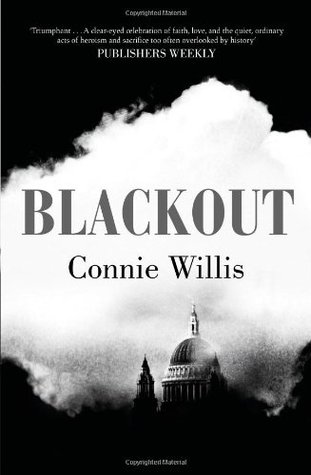Personally, I’m in full summer mode and ready to do some summer reading! So, here’s a list of books I’m tackling here in the middle of the summer.
What are you reading these days?
Pascal Boyer – Religion Explained
So, that’s a provocative title. What’s going on here? An anthropologist set out to explain the origins of religious concepts and beliefs. To get there, he defines ‘religion’ broadly, not isolated merely to the world’s major organized religions. Boyer’s thesis? Religion is based in everyday reasoning and concepts, rather than in high-minded theology or theory. That latter stuff came later. Religion came about tens of thousands of years ago and evolved by something like memetics. Over time, certain religious concepts won out.
As Boyer tells the story, religion serves no single function. It’s not merely a tool for consolation, for explaining the world, etc. Rather, it does lots of different things for different people. And the brain makes it easier for some religious concepts and beliefs to survive rather than others.
Overall, Boyer tells a plausible story. He does sometimes lapse into more questionable explanations from evolutionary psychology. And he has little of note to say about non-belief, e.g., atheism. But this book has a lot to offer to people who want to explain religion.
Adrian Daub – What Tech Calls Thinking
From his biography, Daub is an academic. But he’s also something of a jack of all trades. Perhaps that makes him the ideal person to criticize the tech industry – an industry where people only pretend to do it all.
Daub traces the intellectual foundations of tech industry ideas – disruption, failure, fads, et al. – to half-baked pseudo-concepts it grabbed mostly from academia. And tech does this by misapplying or simply missing the point of those concepts.
Though Daub doesn’t mention it, that places the tech industry right alongside much of the business world. So, what’s different about tech? I find a difference of degree. Tech fetishizes youth and dilettantism to the point of absurdity. As Daub does point out, tech fetishizes the college dropout. And it always orients itself around youth. It even does so when its major founders are aging 60s hipsters.
And so, even when both Mark Zuckerberg and an older CEO do the same foolish thing, Zuckerberg stands out as the greater fool.
Robert Putnam and Shaylyn Romney Garrett – The Upswing
Many readers probably know Putnam from his widely discussed (and criticized) book Bowling Alone. The basic thesis of that book – and starting point for this one – is that there was a sharp decline in U.S. civic organizations and activity during the second half of the 20th century. Americans became less likely to join things – from social and civic clubs to unions. And yes, even bowling leagues.
Putnam (and his co-author) are still doing this type of work. Except this time, they broaden the picture in a couple of ways. First, they show the sharp rise in U.S. civil groups in the first half of the 20th century. Second, they address key issues of gender and race that many people thought Putnam ignored in his earlier work.
How does all this go? They spend much of their time praising the progressive political tradition in the 20th century U.S. that swept away the Gilded Age and brought about civic change. Regarding issues of gender and race, they argue that much of the important work in the U.S. on civil rights occurred during the 1930s and 1940s. The civil rights gains of the 1960s and 1970s built on those earlier gains.
On the latter point, they make a fair point. And they compile plenty of data to show it. Other works – see, in particular, Black Workers Remember – carefully document the gains in civil rights and unionizing that happened well before the 1960s.
Steve Rosskamm Shalom – Socialist Visions
Shalom delivers us a product of its time – the late 1970s and early 1980s. So, we find lots of little essays taking detours to discuss the negative points of the Soviet Union. That’s not such a great thing in 2021.
But for the most part, Shalom delivers us a very interesting set of essays around a common scenario: what would a socialist society look like ’20 years after the Revolution’? Authors write about this scenario from a number of perspectives – from the workplace to race and gender relations to family life. For the exercise, authors try to set aside the important debate over how to organize a socialist movement or how to transition from capitalism (or social democracy) to socialism. Instead, they focus on how to build out the early stages of a socialist society.
I find the essays helpful. We don’t really see a lot on this phase of socialism. We have lots of ‘utopian’ literature on what a more advanced socialist society will look like. And we have lots of material on the very early stages of organizing (though perhaps we don’t pay enough attention to it). The essays are worth reading for that alone. But, in addition, I think the speculation – and back-and-forth debates in the responses to the essays – are things a socialist reading group, for example, would find valuable.
Connie Willis – Blackout/All Clear
With these books, Connie Willis gives us a sustained time travel work across two books. In these books, 21st century Oxford historians travel back in time to World War II. Along the way, they run in to various difficulties getting back. Some historians end up trapped in the past for years and even decades.
These books form the third and fourth (and thus far, final) entry in Willis’s Oxford Time Travel series. I’d recommend reading the entire series. But I’d also note that – unlike, perhaps, the second book – it’s entirely possible to read these two books on their own without having read the first two books in the series.
